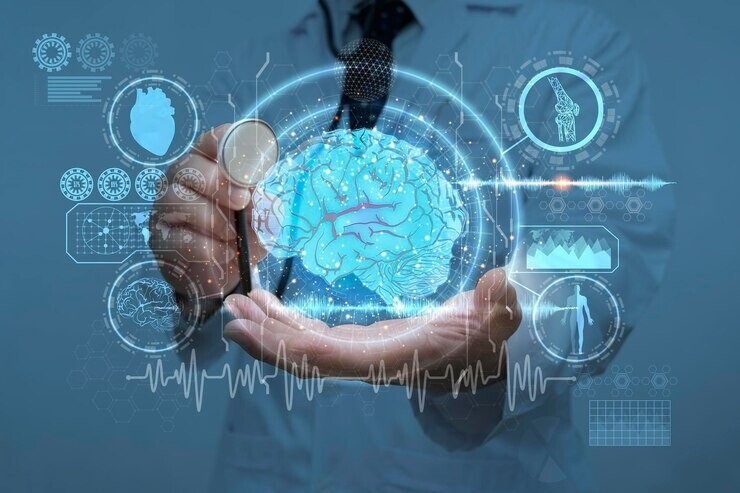The mental health field is experiencing a significant shift driven by digital technology advancements. Among these, Mental Health Electronic Medical Records (EMR) systems emerge as a symbol of innovation, opening up new pathways for patient care and support. This blog post explores the transformative influence of mental health EMR systems on mental health service delivery, showcasing how they are reshaping the mental health support landscape.
The Evolution of Mental Health EMR Systems
EMR systems for mental health have transformed from simple digital record-keeping tools to sophisticated platforms tailored for mental health care. These systems streamline administrative tasks and elevate patient care quality by offering in-depth patient histories, treatment plans, and progress notes instantly accessible.
Personalizing Patient Care
Mental health EMR systems offer a crucial benefit in enabling personalized patient care. With seamless access to detailed patient data, healthcare providers can customize treatment plans to suit each individual, enhancing the impact of mental health interventions and patient results.
Enhancing Collaboration Among Care Teams
Optimal mental health care typically necessitates a multidisciplinary strategy, entailing seamless coordination among psychiatrists, psychologists, therapists, and social workers. Mental health EMR systems cultivate this cooperative atmosphere by facilitating secure and effective information exchange among care team members. This ensures that all healthcare professionals engaged in a patient’s treatment are well-informed and harmonized in their approach.
Streamlining Administrative Processes
Mental health EMR systems play a crucial role in alleviating the administrative workload for mental health professionals. By automating tasks like scheduling, billing, and documentation, these systems enhance efficiency, enabling providers to dedicate additional time and resources to patient care. This shift in focus leads to enhanced service delivery and heightened patient satisfaction.
Supporting Telehealth and Remote Care
The incorporation of telehealth features into mental health EMR systems has transformed the delivery of mental health support. By enabling patients to receive care remotely, it eliminates obstacles like geographic limitations and the stigma linked to seeking mental health services. This enhanced accessibility is vital in guaranteeing that a greater number of individuals obtain the mental health assistance they require promptly.
Driving Data-Informed Decisions
EMR systems for mental health hold a wealth of data that can empower clinical and operational decision-making. By utilizing advanced analytics, healthcare providers can detect trends, monitor treatment results, and obtain valuable insights on the effectiveness of various therapeutic methods. This fosters ongoing enhancements in mental health care practices.
Ensuring Privacy and Security
Due to the sensitive nature of mental health data, maintaining privacy and security is of utmost importance. Mental health EMR systems come with strong security protocols to safeguard patient information, ensuring adherence to legal and ethical standards like HIPAA in the U.S. This level of security helps build trust between patients and providers, a vital element in delivering effective mental health care.
Navigating Implementation Challenges
Although the advantages of mental health EMR systems are evident, their implementation poses challenges. Effectively managing issues like integration with current healthcare systems, user training, and initial costs is crucial to ensure the successful adoption of these digital solutions.
The Future of Mental Health EMR Systems
The horizon for mental health EMR systems shines brightly, as continual technological progress pledges further innovative capabilities. Ranging from artificial intelligence and machine learning to natural language processing, forthcoming versions of mental health EMR systems will persist in stretching the limits of what can be achieved in mental health care. They will provide enhanced, efficient, and patient-centric assistance.
Conclusion
EMR systems for mental health lead the digital revolution in care, reshaping support provision and experience. By boosting personalized care, encouraging collaboration, streamlining tasks, and backing telehealth, these solutions make great strides in enhancing mental health services. With ongoing technological advancements, mental health EMR systems hold boundless potential to revolutionize the sector, promising a future of more accessible, effective, and tailored mental health support for individuals.
